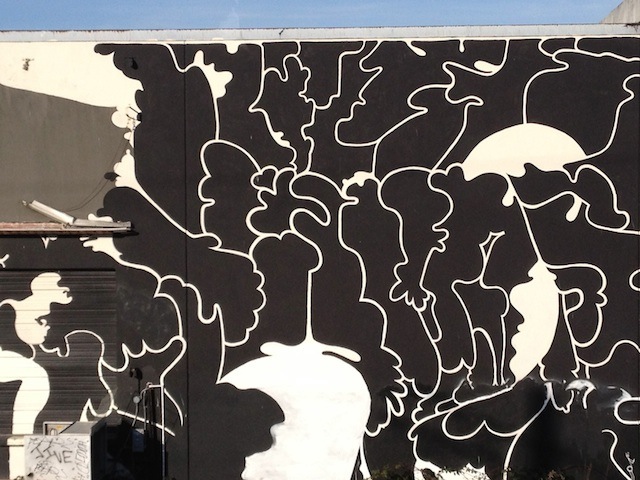Ascension
May 18th, 2012 Posted in writing | Comments Off on AscensionIn grade school, the feast of the Ascension was all about the annual school picnic. But, of course, it is about more than that.
Early Christian writers saw Christ’s ascension as having enormous significance for the whole human family, for in the Ascension, Jesus did not leave his humanity behind. He took it with him into heaven.
And since our humanity is like his, we can have confidence that we, too, will take our humanity with us into heaven. Thus, we can never believe that the heavenly and the human will cancel each other out. There already is a human nature in heaven, Christ’s. His humanity is not something he had to give up, and we won’t need to lay ours aside, either.
In eternity, we will remain human just as Christ has remained human. And we will experience a deeper relationship with Christ, our brother — not just in his divinity but in his and our shared and glorified humanity.

